Running an AC in winter might seem like madness, but there’s a logical explanation.
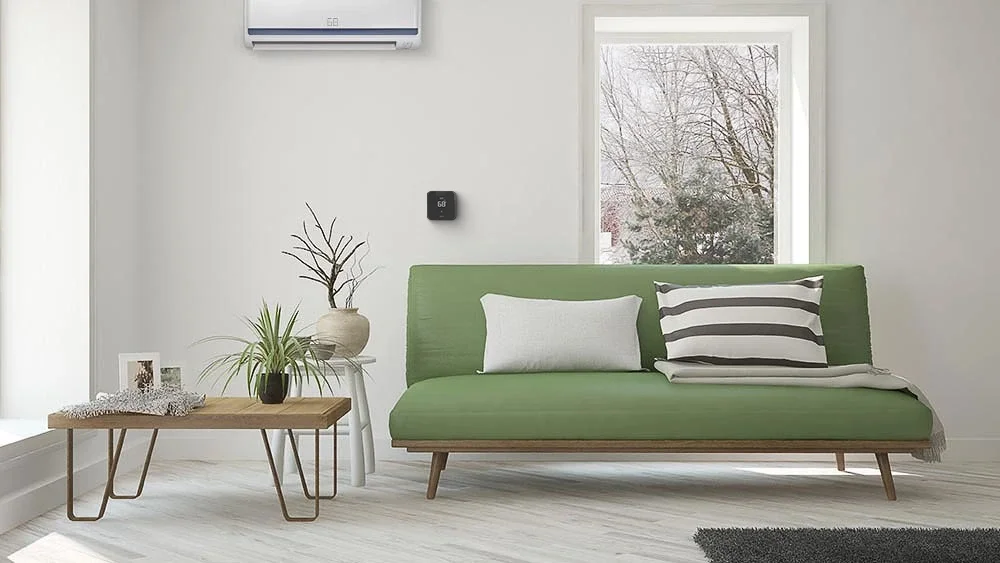
Key Takeaways
- Heat pumps provide both heating and cooling and can be used in winter.
- Running AC in cold weather below 60°F risks compressor damage, freezing coils, and refrigerant issues.
- If your home feels stuffy in winter, using your AC in fan mode can improve airflow without cooling the space.
While summer is traditionally considered the season to use air conditioning, there are some instances where you can run your unit in the winter as well. For instance, you may want to work on AC repairs and make sure everything is fine before the summer season. Or, if your place is getting a little stuffy, you may want to run the AC in fan mode. There are also units like heat pumps that work in both summer and winter. When running a heat pump in the winter, the unit reverses its function and produces warm air, saving you the cost of getting a separate heating system.
This blog has compiled a list of frequently asked questions regarding running air conditioners in winter. This includes the very pressing issues of what temperature is too cold for your AC, whether running your AC in winter will damage it, and what precautionary measures to take when running an AC in winter.
Can You Run AC in Winter?
Here are some scenarios where it makes sense to run your AC in winter:
-
Your Home Feels Stuffy
If your home feels stuffy and uncomfortable because of the heating, you can use your air conditioner in fan mode to improve airflow and make the space more comfortable. However, this should only be done in moderate weather, as running AC in cold temperatures can cause serious damage.
-
You Have a Heat Pump
In the case of a ducted heat pump or a ductless mini-split heat pump, it makes sense to use it all year round. It provides both heating and cooling.
In the winter months, a heat pump extracts heat from the outdoors and transfers it to the indoors. A little device known as a reversing valve is used in heat pumps to reverse the mode from cool to heat. Reversible air conditioners are a nifty invention and are ideal for anyone who wants a unit that cools in the summer while doing the opposite for winter.
Related: Heat Pump vs. AC: Which One Is the Ideal Fit for Your Home?
-
To Prevent Frozen Pipes
Freeze protection is a super helpful mode found in some mini-split heat pumps. This mode is also known as minimum heat, low heat, or 8C, depending on your air conditioner. It is useful for places that experience extreme cold in the winter. The unit runs at a low power setting where warm air is continuously introduced. This prevents the room temperature from falling below freezing or reaching near freezing.
This mode helps keep sensitive electronic equipment, water pipes, or paintings safe at a very low operational cost. You can pair your unit with a smart mini-split thermostat to control this mode from your phone. This can especially come in handy when your unit is installed in places such as vacation rentals.
Your best choice to make any mini-split, window,
or portable AC smart. Enhance your comfort and savings.
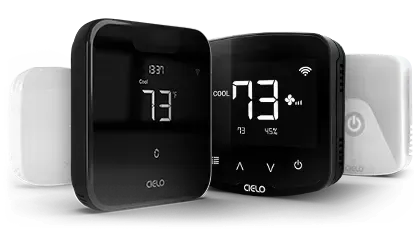
-
For Maintenance & Repairs
Winter can be a good time to run the AC to check for any potential issues, perform maintenance, or carry out necessary repairs. Running the system in off-season conditions helps ensure that everything is functioning properly, allowing you to prevent unexpected breakdowns before the heavy usage of the summer months.
What Outside Temperature Is Too Cold to Operate Your Air Conditioners?
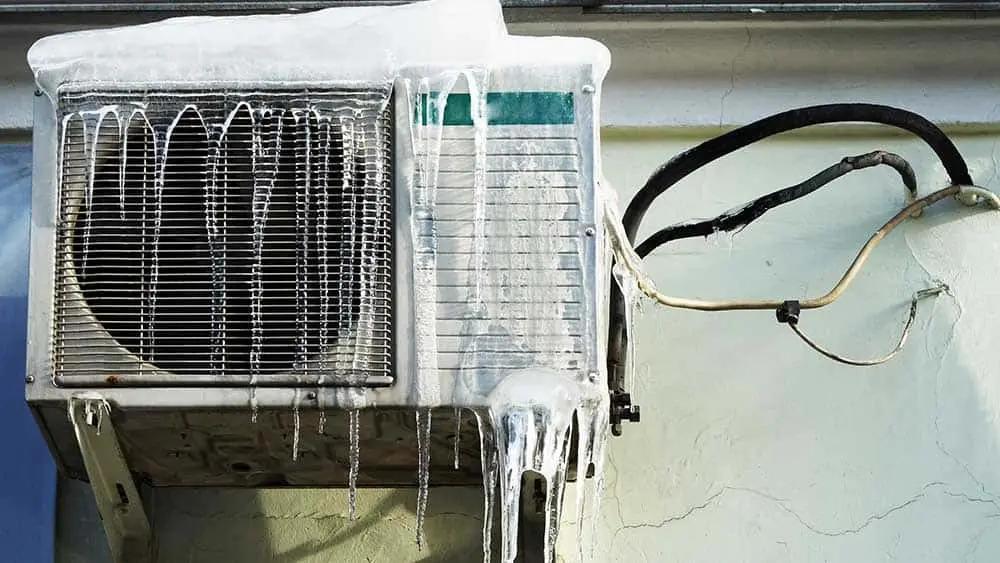
Like other home appliances, ACs have a minimum operating temperature below which they will not work as intended.
Most manufacturers don’t recommend using AC when the outdoor temperature falls below 60F. Running the AC under 60F will make the refrigerant behave differently, and the air conditioner will not work as intended. If you need to test your HVAC unit, wait until the outdoor temperature is around 60F for at least a few days to ensure there is no ice around the condenser.
What Temperature to Set Air Conditioner in Winter?
When operating your air conditioner in heat mode, set your thermostat to between 68°F and 70°F. Keeping your home cooler slows heat loss and reduces energy consumption, helping you save on utility bills. If this feels too cold, try easing into lower temperatures gradually to allow your body time to adjust.
Related: The Ideal Room Temperature for Every Situation & 7 Ways to Maintain It!
Is It Bad to Run AC in Winter?
If you’re wondering whether you can run your AC in the winter, the answer is not as simple as a yes or no. Many factors are at play, and your AC running in winter is not without risks. With moderately cold temperatures, an air conditioner is perfectly acceptable to run in any mode whatsoever. However, when running the AC under 60F, there are certain risks to your air conditioner.
-
Loss of Lubrication
Compressors are an integral part of the air conditioner and need to be in perfect shape to run as desired. Lubricants help the compressor run smoothly and work without any fault. However, this lubricant can thicken in the winter and not perform as expected. Without proper lubrication, the compressor is prone to damage and seizure.
-
AC Breakdown Due to Overriding Temperature Sensor
Most modern air conditioners have a low ambient temperature sensor to prevent air conditioner operation during extreme cold. If you try to circumvent this sensor and turn your air conditioner on despite the low temperature, it can result in costly damage to the unit.
-
Overheating Compressor
As with any mechanical device, a compressor heats up the more it is used. A compressor would need to work overtime to keep the interior warm during extreme cold. This overworking can lead to it getting overheated. Using the air conditioner below the minimum specified temperature can irreversibly damage it or, become a cause for significant AC repairs.
-
Freezing of Coils
While an air conditioner is in use, you may observe water dripping from the outdoor unit. This dripping liquid is condensation from the outdoor copper coils. In the winter months, this condensed water can accumulate and freeze over the coils. To prevent this, run your unit in fan mode and allow the ice to thaw. You can make the process faster by pointing a hairdryer or hot air blower at fans and vents. Here’s everything you need to know about your AC freezing up.
Related: A DIY Guide to Cleaning Your AC Coils
Guidelines to Follow When Using AC in Winter
By following some key practices, you can ensure that your air conditioning system remains in optimal condition throughout the colder months and is ready for efficient use when the weather warms up again. These simple rules not only help protect your system but also extend its lifespan, keeping your energy costs down.
- Regularly Check for Ice Buildup – Cold weather can cause frost to accumulate on the outdoor coils, resulting in severe damage. When running the AC in winter, check regularly for any signs of ice buildup. If you notice the buildup, turn off the unit immediately and allow it to defrost.
- Don’t Use Your AC Below the Recommended Temperature. Always refer to your unit’s manual to check the minimum operating temperature, typically around 60°F. Operating the AC below this temperature can disrupt refrigerant flow, causing the coils to freeze and potentially damage the system.
- Ensure Regular Maintenance – It is essential to keep your air conditioner in top shape. Schedule an AC tune-up before the colder months to ensure all parts are functioning correctly. This allows you to address any potential problems early and ensures your unit is ready to handle temperature changes. Some DIY tasks that you can do involve replacing or cleaning air filters for optimal airflow and clearing leaves and debris around the outdoor unit for unobstructed airflow.
Final Thoughts
You can run your AC in winter in case of a reversible unit, since you can use it as a heater. But even with a non-reversible air conditioner, you can get a whiff of fresh air in a stuffy room. When running your AC in winter, adhering to your air conditioner’s minimum outside temperature limits is vital for preserving its efficiency and lifespan during colder months. To avoid damage, refrain from using the unit in freezing conditions, watch for any frost accumulation, and keep up with regular maintenance.
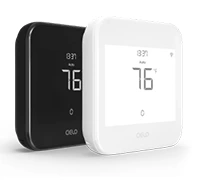
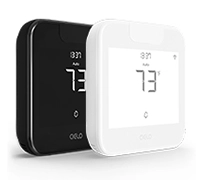
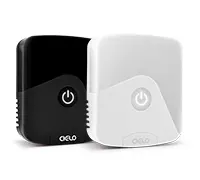
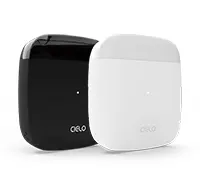
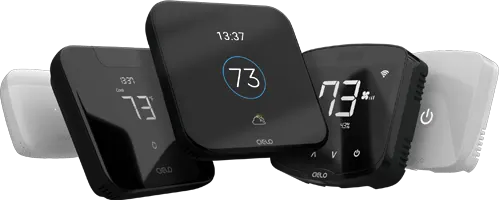
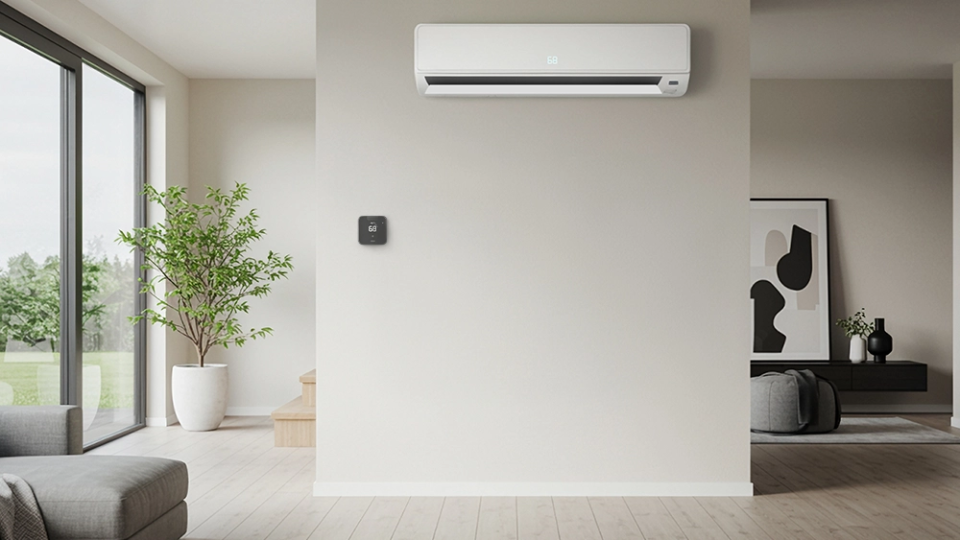

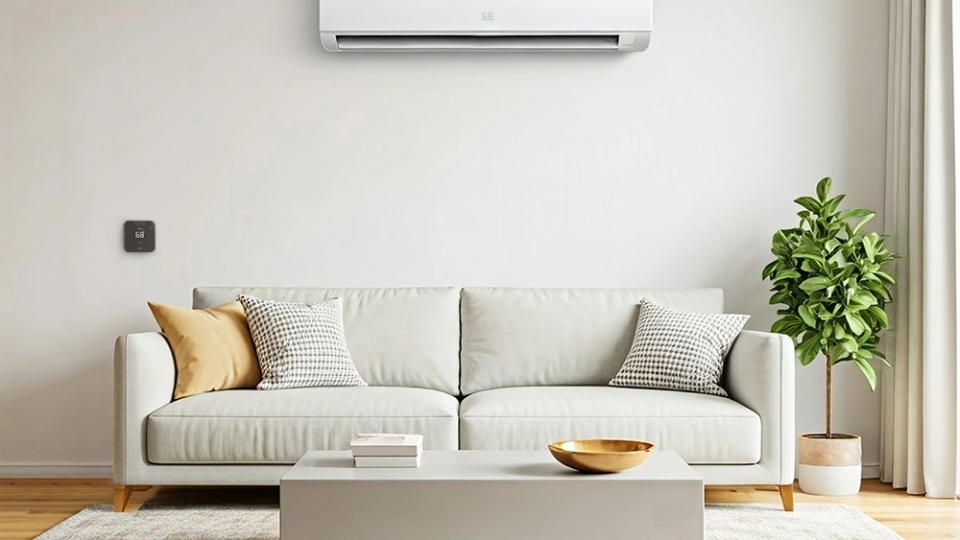
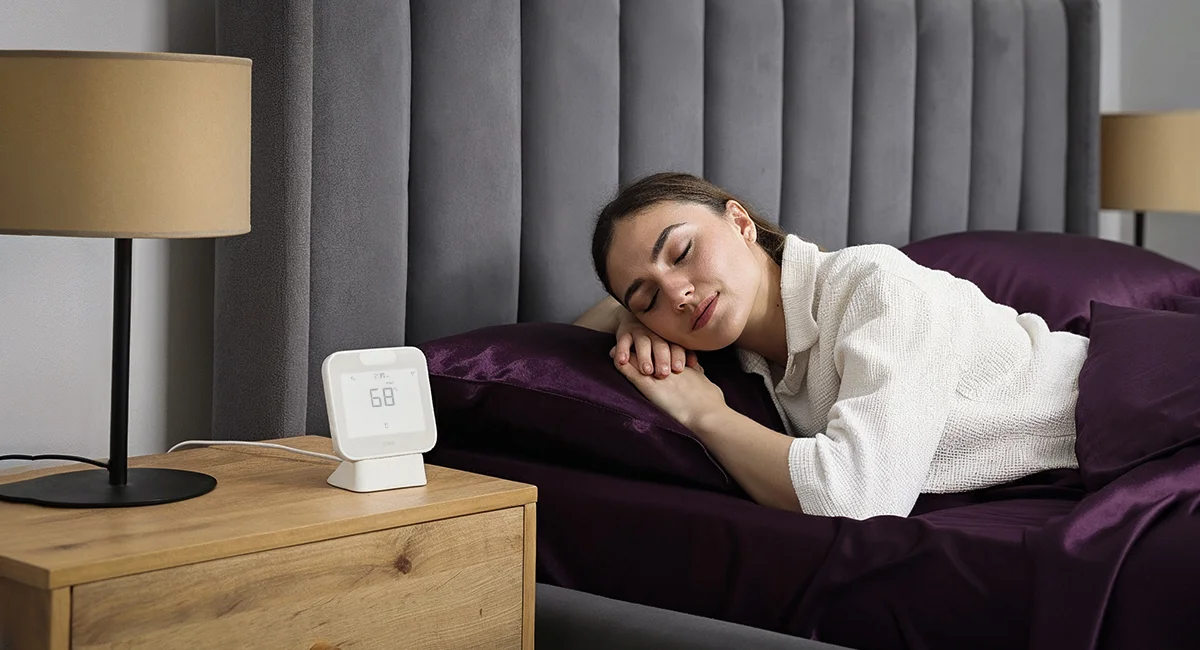
32 Comments. Leave new
Indoor air quality is the silent curator of our well-being, shaping the atmosphere where we live and breathe
Air cooling: a straightforward and energy-efficient solution for maintaining ideal temperatures in electronic devices and industrial processes
HVAC systems: the silent choreographers of comfort, seamlessly orchestrating heating, ventilation, and air conditioning for optimal indoor environments.
The unsung heroes of comfort and climate control, silently working to keep us cool in summer, warm in winter, and breathing easy year-round
Explained the intricacies of HVAC systems beautifully, making it easy for readers to understand the importance of proper heating, ventilation, and air conditioning for optimal indoor comfort and air quality. Kudos to the writer for breaking down complex concepts into digestible information
HVAC system: the unsung hero of modern living, harmonizing climate control for ultimate comfort in every season
Are these units capable of heating and cooling a 2500 sq ft garage?
Hi, are you referring to mini-splits?
Can or should we put an outside cover on our window air conditioner if we plan to use the heating feature to keep the room warm?
In heating mode, your window heat pump takes heat from the air outside your house and moves it indoors. So, if you put a cover on the outdoor part, your unit will not be able to do its job.
Hey very interesting blog!
It is actually a nice and helpful piece of info.
Confused. The ac coils freeze if it’s below 65degrees outside, but heater coils works fine in below 32 degrees. Do these units heat a home if it’s really cold outside? How cold before they stop working?
Hi Mark, the blog talks about ductless heat pumps that can provide both heating and cooling and work all year round. They work best in heat mode when the outside temperature is above 40F though this varies from manufacturer. Some ductless heat pumps are efficient till 30F and cannot operate below 20 while others can work even at 0 degrees. The HSPF rating can best help determine an air conditioner’s heating capability.
Isn’t there a cold weather kit, a compressor heater, that can be installed to keep the units coils from freezing up when running the ac with the ambient temperature lower than 55 degrees?
Yes, there are low-ambient kits that can be attached to the air conditioners operating at low temperatures in cold weather. However, before attempting to attach the kit on your own, it’s best to consult an HVAC technician and take their professional opinion.
I’ve been running my minisplit during the winter in cool mode to keep my grow room from getting to hot. I haven’t tried running it when the temp goes below 32. Wondering if I can run mini-split in a/c mode during the winter (below freezing temps) to keep my room temperature down. Not the fan mode but on cooling mode.
Hi Dan, running your air conditioner in cool mode below 60 degrees will cause your coils to freeze up. It can also damage other internal components.
There are other ways to keep the grow room temperature under control in situations where you can’t use air conditioning. Refer to our blog for grow tent cooling solutions: https://cielowigle.com/blog/grow-room-air-conditioner/
It’s in reality a nice and useful piece of info. Please keep us up to date like this. Thanks for sharing.
What about running the ac in cold mode in the winter? Would you have to build a shelter to work both functions as I’m using for growing plants and using a co2 generator with creates heat?
Yes, you can use it in fan mode for air circulation inside your grow room. If you are running it as AC in winter, make sure you only operate it when the outdoor temperature is 60F and above. Air conditioners have a minimum threshold for optimal operation, below which they cannot operate. If you continue to run it below 60F, your AC coil can actually freeze!
What if I take a portable air conditioner and instead of using the cold air output to cool my home and dumping the hot air outside (as I do during the summer), I simply plug the cold output in a new hose and dump it outside while using the hot air to heat my home? Would this work as a heat pump? Or is it dangerous?
Hi Manoh, you should consider using a portable heat pump that provides both heating and cooling and can be used all year round.
Hi Cielo, I have ac portable with 1 single hose only. Can I use it when temprature outside is -5 to -10 celcius to combat my radiator heater? I don’t wanna open the window coz my neighbour is a smoker. I really need this answer. Thanks before!
Hi, air conditioners have a temperature limit below which they won’t work as intended. Most manufacturers don’t recommend using AC when the outdoor temperature falls below 60F. Running the unit in cold weather can result in the freezing of AC coils and damage to the internal parts.
Nice post! Thank you for shearing.
Thanks for your personal marvelous posting! I definitely enjoyed reading it,
you can be a great author.I will make sure to bookmark your blog and will come back later
on. I want to encourage one to continue your great work, have a nice weekend!
Hello, I check your blog daily. Your writing style is awesome, keep it up!
Having read this I believed it was really enlightening. I appreciate you finding the time and effort to put this article together. I once again find myself spending a significant amount of time both reading and leaving comments.
The electronics in my room make the room 30 celcius in winter when outside it is -50 celcius. I want to cool my room down when outside it is very cold already, but there are no windows in the room. can i run a split ac unit to cool my room down when it is -50 outside?
Hi Robert, most manufacturers don’t recommend using your AC in extreme temperatures as it can pose severe damage to internal components.
Nice article. HSPF calculations compare the total heat provided by an air conditioner during the heating season with the total amount of electricity used. thanks.